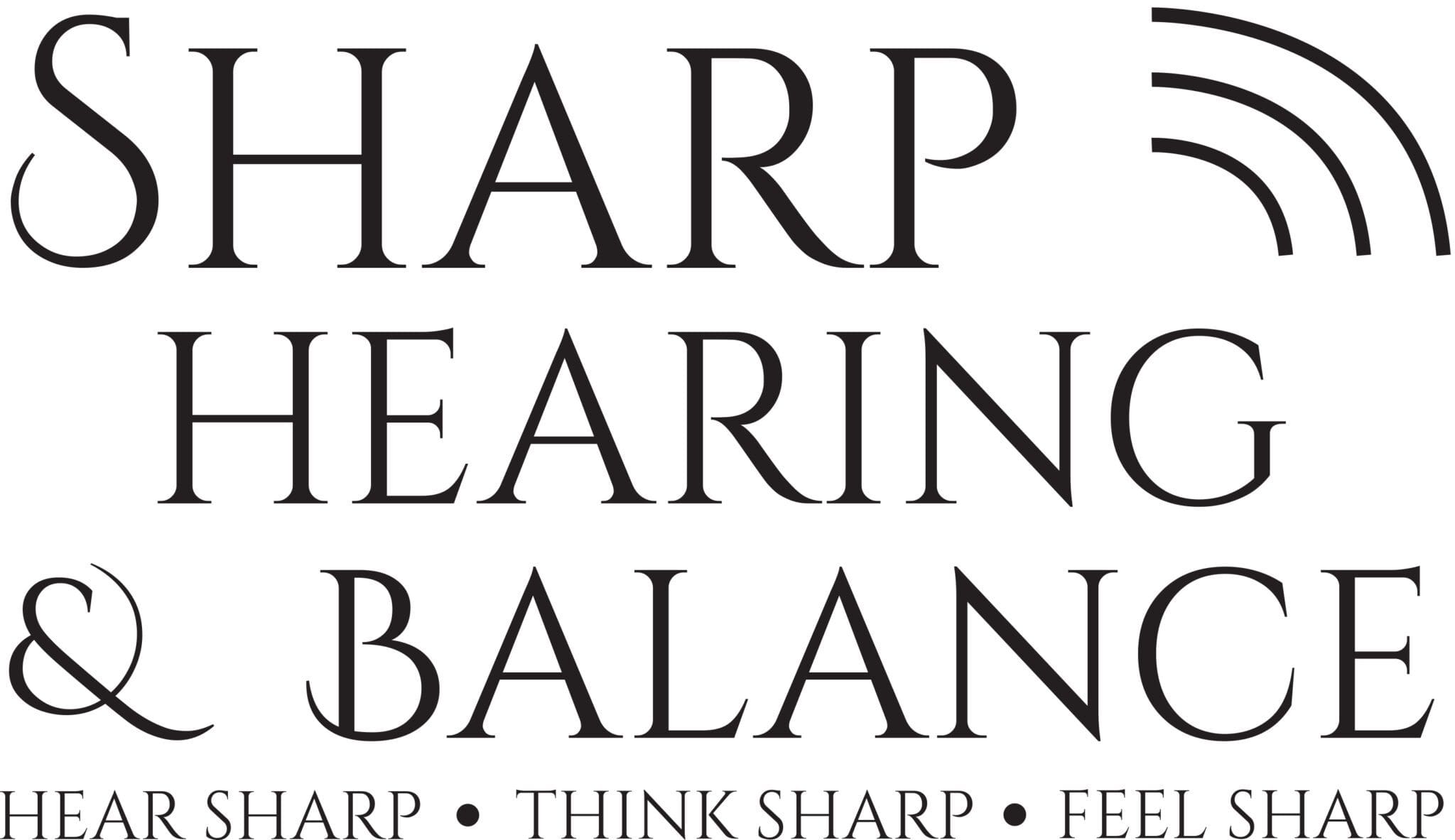Pediatric Hearing Services
Pediatric hearing testing & hearing aids for kids.
Childhood Hearing Loss
The most important period for language and speech development is generally regarded as the first 3 years of life. It is important that hearing impairment be recognized as early in life as possible so that the child can enjoy normal social development.
The primary justification for early identification of hearing impairment in infants relates to the impact of hearing impairment on speech and language acquisition, academic achievement, and social/emotional development. If a child is hard of hearing or deaf at birth or experiences hearing loss in infancy or early childhood, it is likely that child will not receive adequate auditory, linguistic, and social stimulation requisite to speech and language learning, social and emotional development and that family functioning will suffer. The goal of early identification and intervention is to minimize or prevent these adverse effects.
Interesting Facts
Two to three of every 1,000 children in the United States are born deaf or hard-of-hearing.
95% of all newborns born in the United States are screened for hearing loss shortly after birth.
20% to 30% of childhood hearing loss is caused by cytomegalovirus (CMV) infection.
More than 90 percent of deaf children are born to hearing parents.
Five out of 6 children experience an ear infection (otitis media) by the time they are 3 years old.
Hearing Testing for Children
We understand your apprehension. Our goal is to provide superior hearing healthcare to our youngest patients in a warm, supportive environment. Our audiological consultations, analysis, and treatment are highly individualized to meet the needs of both your child and family. We are able to accept all pediatric patients aged 5 years old and older.
Frequently Asked Questions About Pediatric Audiology
What could cause my child to have a hearing loss?
Hearing science professionals estimate that 1 baby in 300 is born with some degree of hearing loss. The cause of your child’s hearing loss will be one of the following:
- Genetic – 50% of cases
- Non-genetic due to illness or trauma – 25% of cases
- Unknown – 25% of cases
Should my child use hearing protection?
Yes, your child’s hearing should be protected from excessive amounts of noise. Here are a few tips to help your children learn to use hearing protection.
- Set clear rules for when hearing protectors should be worn. Tell your children that you expect them to wear hearing protectors in noisy areas, even when you aren’t there to supervise. For example, is your child in the school band or going riding on a dirt bike? It’s time for your child to put on hearing protectors.
- Shop for hearing protectors with them. Discuss with your children whether they would rather wear earplugs that can be hidden by hair or a hat, or make a fashion statement with more noticeable hearing protectors. Many colorful and comfortable styles of hearing protectors are available in stores and online.
- Choose hearing protectors that fit in with your children’s daily activities. If your children play in a band or orchestra, earplugs can help protect their hearing. Special musicians’ earplugs (often called high fidelity earplugs) are available so that your children can hear instruments clearly, but at a softer level. You can also find hearing protectors designed specifically for hunting or shooting sports.
- Make sure hearing protection is within reach. Keep hearing protection devices in areas that are within easy reach of your children. Hearing protectors that are hidden in a drawer and aren’t worn will not do any good.
When to use hearing protection.
Hearing protectors limit the level of sound. They do not block out all noise—they just make noise softer. Use hearing protectors when you or your children are exposed to noise that is too loud or lasts too long. The louder the sound, the quicker hearing damage will occur.
Why does my child need a hearing test?
There are many reasons that a child made need to have a hearing test: delayed speech, delayed developmental, craniofacial abnormalities, autism, or a suspected auditory processing deficit are just a few.
Could my child's hearing loss be temporary?
We won’t know the answer to this question until we complete a through assessment of your child’s hearing, but below are a few common causes of temporary hearing loss in children.
Infection – This type of temporary hearing loss is most common in children who attend daycare. An infection can sometimes cause fluid to accumulate in the middle ear, restricting movement of the eardrum and causing hearing loss. Once the infection and fluids subside, so does the hearing loss.
Blockage – It is not uncommon for excess earwax buildup to cause temporary hearing loss in children. Although this is true, it is still important to remember safe earwax removal techniques and stay away from Q-tips. The safest way to remove excess earwax from a toddler or child’s ear is to have it professionally removed by a specialist.
Trauma – If a child hits their head, they can suffer temporary hearing loss from blood rushing to their middle ear. If this happens, take your child into the doctor – because this may be a sign of a more serious type of hearing loss.
Swimmer’s Ear – The common condition we associate with children and summers does have the capacity to cause temporary hearing loss. Swimmer’s ear causes fluid buildup and swelling that can limit the sounds that reach the eardrums. The hearing loss usually clears up along with the infection in about a week?
Get in Touch
Ask a question or schedule an appointment below.
